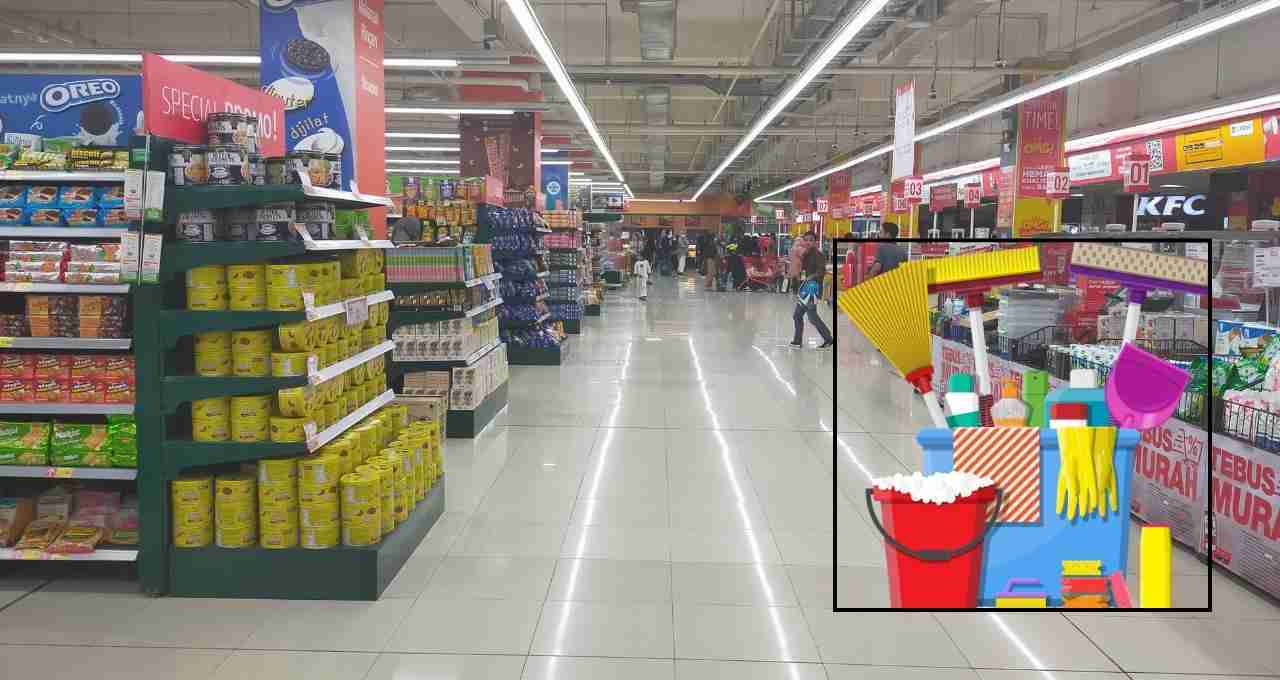Concerns regarding hygiene and storage quality are emerging in India's rapidly expanding quick commerce sector. Several large companies have expressed worry over unsanitary conditions and improper storage practices in dark stores.
Business News: The burgeoning quick commerce sector in India is facing scrutiny regarding cleanliness and storage quality. Major companies have voiced concerns about unsanitary conditions and improper product handling in dark stores. In response, government agencies like the FDA and FSSAI are conducting inspections of these stores. Companies emphasize the critical need for strict adherence to hygiene and safety regulations to maintain consumer trust.
The Rise of Quick Commerce
Quick commerce, a model delivering groceries and essentials within minutes, is gaining immense popularity in India. Platforms like Swiggy Instamart, Zepto, and Blinkit are leading players in this sector, fueled by the increasing demand for convenient delivery. FY25 witnessed growth ranging from 50% to 100% in this sector, significantly outpacing traditional retail.
Questions Raised about Dark Store Cleanliness
Several FMCG companies have highlighted significant challenges emerging alongside the rapid growth of quick commerce. A primary concern is the cleanliness and quality of storage in dark stores.
Dark stores are warehouses from where customer orders are directly packed and dispatched. However, some companies have expressed concern about the neglect of hygiene and storage standards at various locations. In recent months, nearly a dozen FMCG companies have sent letters to quick commerce platforms outlining these issues.
Varun Berry, MD of Britannia Industries, explained that while they supply fresh stock and pay close attention to product shelf life, they expect platforms to maintain careful storage and delivery practices, adhering to FIFO (First In, First Out) principles.

Companies' Concerns and Examples
A senior executive from a frozen food company reported instances of b-smelling items being stored alongside frozen foods in dark stores, posing a risk of odor transfer.
Giants like HUL, ITC, Britannia, Tata Consumer Products, Amul, Parle, Coca-Cola, and Mother Dairy are now selling premium products through quick commerce channels. Vikram Agarwal, MD of Greendot Health Foods (Cornitos), suggested regular audits of all platforms. He noted that approximately 20% of his company's annual sales now originate from quick commerce.
Government Oversight and Action
The government is taking this matter seriously. Food safety regulatory agencies such as the FDA and FSSAI have initiated inspections of dark stores nationwide. Recently, the Maharashtra FDA revoked the food business license of a Zepto dark store in Dharavi after an inspection revealed fungal contamination and unsanitary storage practices.
The FSSAI has accelerated audits of these dark stores, from metro cities to Tier-2 towns and smaller localities. This is considered crucial because while delivery times have shortened, quality cannot be compromised.
Maintaining Consumer Trust is Essential
Kunal Sharma, Marketing Head of KRBL Limited (India Gate rice brand), stated that hygiene cannot be compromised. Customers, regardless of their purchasing method, deserve high-quality and safe products. He highlighted the vital role of FSSAI and FDA guidelines in establishing industry standards.
Shredeep Kesavan, CEO of Heritage Foods, explained that as quick commerce becomes a prevalent last-mile delivery method, associated challenges are emerging, particularly maintaining cold chain and hygiene. He emphasized that dark stores must adhere to the same standards consumers expect from their products.

Companies' Response and Responsibility
Swiggy Instamart, Zepto, and Blinkit have yet to issue official responses. However, industry experts believe that sustainable growth in quick commerce hinges on maintaining consumer trust. This requires strict adherence to hygiene, temperature control, and product safety standards in dark stores.













